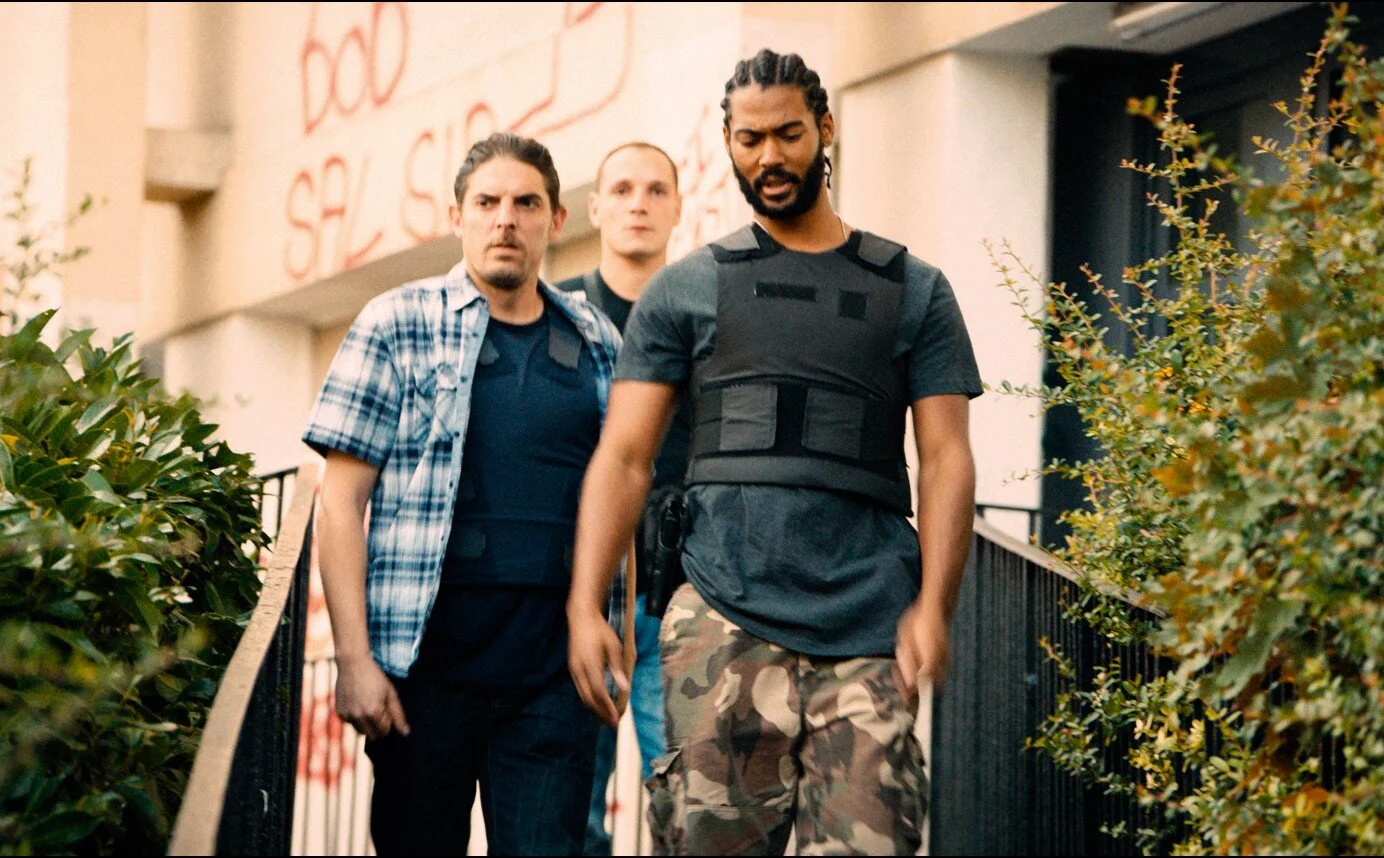Spanish Cinema: Dolor y gloria (Pain and Glory) Review
Pain and Glory is cinema at its best, a feast for the eyes and a story that touches the heart. Directed by Pedro Almodóvar and starring Antonio Banderas in the lead role of Salvador Mallo, a troubled director, this film explores the very essence of life, the pain and the glory of existence, if you will.
This film has been on my watch list for far too long and I am also kind of ashamed to say that this is the first Almodóvar film I have seen (despite having a DVD of The Skin I Live In on my shelf for years!) The first thing that struck me was the use of colour (a well-known trademark of the filmmaker if I’m correct), in every frame, there is a perfect balance of rich jewel tones and paired back neutrals, making everything pop in such an aesthetically pleasing way.
Homes or interiors to be more precise play an important part in the film, and they are visually stunning too. From the striking whitewash walls of the cavern home of Mallo’s childhood to his chic and colourful apartment. Can I just say that the latter is perhaps one of the most gorgeously designed apartments I have ever seen (interior design inspo on a whole new level!) and interestingly it is a replica of Almodóvar’s own home. According to Antxón Gómez (Production designer and frequent collaborator) “For Pedro, interior design is a character in the movie,” [1]. And it truly feels like this is the case while watching the film, the eclectic decor speaks volumes about the characters and shows that they have a rich and complex history. It’s the same with fashion, and can I just say that I need a green jacket like the one Mallo rocks in my life. Fashion and Interior design are ways in which we can express ourselves, and then for Almodóvar, there is filmmaking as well. Creating art is a form of expression, its storytelling in it’s most visceral form.
“Las noches que coinciden varios dolores, esas noches creo en Dios y le rezo. Los días que solo padezco un tipo de dolor, soy ateo.”
“The nights that coincide several pains, those nights I believe in God and I pray to him. The days when I only suffer a type of pain I'm an atheist.”
Narratively, Pain and Glory is meandering, it flicks between the present and past childhood memories…or does it? When taking into account the final scene of the film, you must rethink everything you’ve seen throughout. Are all the flashbacks purely Mallo’s reconstruction of his memories on a film set, does this then mean that everything we have seen from his childhood has been moulded for cinematic storytelling. Having a film within a film that is only revealed to be a film at the end is a rather clever move from Almodóvar, and further cements the film’s theme of the craft of storytelling. It’s so meta it almost hurts!
Films like this make me fall even more in love with cinema and make me want to make movies. I say this all the time but it’s true, there’s something so special about watching a beautifully made film that has so much depth and substance to it, it’s like reading a novel that’s full of imagery and symbols. It’s powerful and utterly relatable.
[1] González. B (2020) All About the Vibrant Decor in Pedro Almodóvar’s Films, Available at: https://www.houzz.com/magazine/all-about-the-vibrant-decor-in-pedro-almodovars-films-stsetivw-vs~131255473 (Accessed: 8th February 2021).


















